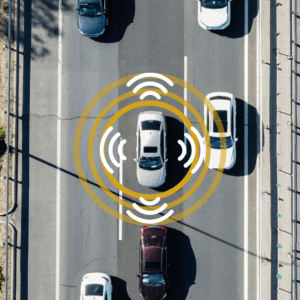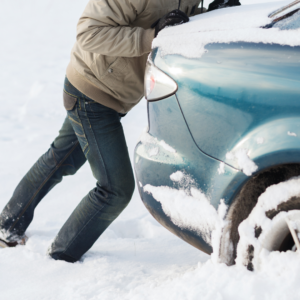New or older vehicles can be a target for rodents. Wires can be gnawed, nests built in the engine compartments or air intakes, or the rodents may gather food, pine needles or feathers and place them in various nooks and crannies of your car. Mice, rats, squirrels or any small rodents can create havoc in your car, costing hundreds, and even thousands of dollars – one of the cars we serviced was “totaled” by the insurance company because of extensive damage to the electrical system. Stored cars can be a particular target, but even cars that are driven daily can be affected. Symptoms vary, but may include a “check engine light”, loss of electrical power, a lingering & nasty smell, erratic running, misfires, or blower motor noises. Solutions include: 1) Remove food (even dog food and bird seed have been found in engine compartments!) from your garage, and throw food away from inside your car. Keep your engine clean from antifreeze, which has a sweet smell that can attract rodents. 2) Prevent access to the garage by sealing gaps in doors. 3) Reduce the rodent population by setting traps in the garage or around the car. To deter the rodents, you may wedge moth balls or dryer softener sheets around the engine compartment, or use one of the small electronic devices that are available for this purpose. Contact your ASE certified technician if you are losing the rat race!
Adaptive Driver Assistance System Tune-up — ADAS Calibration If you’ve recently gotten an alignment or picked up your car from a collision repair shop, your vehicle may be in need of an ADAS calibration...




